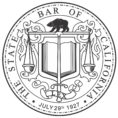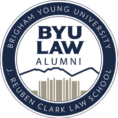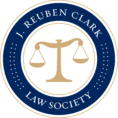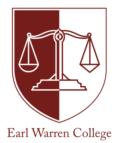What Happens If My Personal Injury Claim Goes to Court?
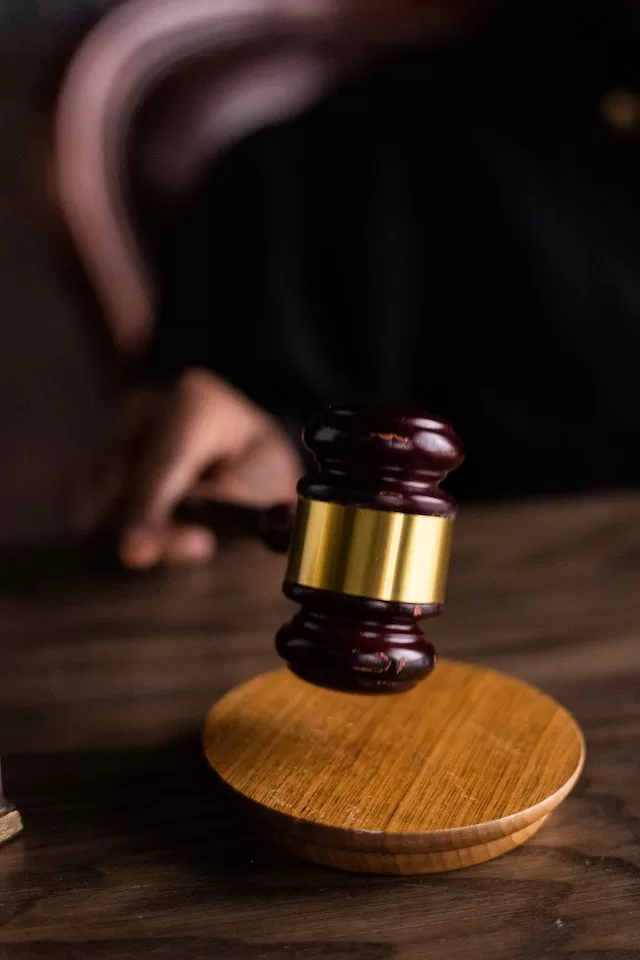
Many people head into legal proceedings determined to seek justice by having their day in court. While estimates vary, it appears that around 95 percent of civil cases, including personal injury cases, never make it that far. Instead, most end in a negotiated settlement, out of court, usually thrashed out between a personal injury lawyer and an insurance company.
However, this means that 5 percent of cases do go to trial. Statistics suggest in 90 percent of those cases, the plaintiff — the person who brings the case — goes on to win. If it looks like you will get your day in court, what should you expect, and how can you give yourself the best chance of success?
The personal injury lawyers at Harker Injury Law are no strangers to the courtroom. To discover whether we can represent you, schedule a free consultation by filling out our online contact form today.
Personal Injury Trial Process Overview
Personal injury trials can last anywhere from a few days to several weeks, depending on the complexity of the case. A judge will preside at the trial, and the verdict will be rendered by a jury. The judge and jury have the authority to decide whether you have the right to compensation and how much compensation you deserve.
If you are not happy with the decision or the award, you can appeal after the trial. The other party also has the right to do the same and will almost certainly do so if you win a large amount of compensation from them.
Jury selection
The first stage in the process is to select the 12 jurors who will decide the case. The judge will request a group of prospective jurors to assemble. Each must take an oath, known as the perjury admonishment.
After this, the judge will brief the jurors on the case and give them an opportunity to mention anything that could affect their partiality.
Next, the judge and attorneys will ask the prospective jurors questions. Attorneys may excuse jurors both for cause and for peremptory reasons. The process concludes when 12 acceptable jurors have been found.
The role of the judge in personal injury trials
During the trial, the judge uses the California Evidence Code to decide what evidence each side may or may not present. Additionally, he or she will assist the jury. The members of the jury can and must ask questions of the judge about any points of law they do not understand. The judge will provide additional guidance so that the law is applied correctly.
If the case is particularly complex, a bench trial may be preferable. Bench trials do not involve a jury. The judge hears the case and makes the final ruling.
Opening statements
Each attorney will make an opening statement. The lawyer representing the plaintiff — the accident victim — usually goes first, as the burden of proof rests on him or her. A personal injury lawyer must show that the defendant was at fault and that his or her client is entitled to damages. After this, the defendant’s lawyer will make his or her statement.
The purpose of opening statements is to outline the main points of the case for the jury and explain the evidence to be presented. These statements are not evidence; they just set the scene. It is important to choose an experienced personal injury attorney who can state your case clearly and prepare the jury for the evidence they will see.
Evidence and testimonies
Next, the attorneys will present evidence to back up their cases. First up, the plaintiff.
Attorneys may offer the following as evidence:
- Documentary evidence, such as medical reports and X-rays
- Photographs and videos from the scene
- Physical evidence
Attorneys can also call the following individuals to testify as witnesses:
- The plaintiff
- Eyewitnesses
- Expert witnesses, such as medical experts or accident reconstructionists
If you are called to testify, your own personal injury attorney will first ask you questions about the accident and your injuries. This phase is called direct questioning. Next, the defendant’s attorney will have an opportunity to question you in a process called cross-examination.
It is natural to be nervous about testifying in court, and some personal injury attorneys can be rather aggressive. However, your personal injury attorney will make sure that you are well prepared beforehand.
All you need to do is speak truthfully and relate what happened and the impact your accident has had on your life. Some lawyers may ask challenging questions, but with good preparation from your lawyer, you should prove to be fine on the day of the trial.
After this, the defendant can present his or her own evidence and call witnesses to testify. Their personal injury lawyer may call witnesses stating that the plaintiff’s version of events is incorrect.
The defendant’s lawyer may also try to downplay the seriousness of your injuries or introduce evidence to show these were the result of a pre-existing condition. However, your attorney will also have a chance to cross-examine them.
Closing arguments
The closing arguments are the final opportunity for both sides to recap and try to persuade the jury of the merits of their case. You can expect both attorneys to summarize the main points of the case and point out the most important pieces of evidence.
Over to the jury
Once the time has come for the jury to begin its deliberations, the judge will remind the jurors that their responsibility is to determine whether the defendant is liable for the harm done to the plaintiff. If they decide the defendant is liable, they must decide how much compensation to award the plaintiff.
The jury will move to a private room to deliberate. No one — not even the judge — is allowed into the room at any time. In civil cases, the jury does not have to reach a unanimous verdict. In most cases, 9 out of 12 jurors must agree to reach a verdict, although the judge will inform the jury of the exact number for the particular case.
If the jury cannot reach a verdict in a reasonable timescale, the judge may choose to dismiss the jury. Normally, when the jury has reached a majority decision, the foreperson informs the judge.
Verdict
The judge will bring the jury back to the courtroom and read out the verdict in the hearing of all parties.
If your case is successful, the next stage is collecting your compensation. This does not happen immediately and can be a challenging process in itself. However, an experienced personal injury attorney can guide you through this and take the strain on your behalf.
Appeals process
After receiving the verdict, both parties may have the right to appeal to a higher court. However, this right is not automatic. There must be a valid legal basis for the challenge.
If you are concerned about your result, talk it over with your personal injury lawyer. He or she can explain whether you have grounds to appeal and talk you through the appeals process if you do.
Why Cases Go to Court
In general, personal injury cases only go to court when the involved parties are unable or unwilling to agree on fair compensation. Yet, even at the late stage of the jury going off to deliberate, it is still possible to reach a fair settlement.
It is important to choose the right personal injury lawyer who knows when to settle and when it’s time to go to court.
Make It Easier by Choosing an Experienced Harker Injury Law Litigator
While it is true that most personal injury cases settle out of court, it is important to choose a personal injury attorney with the skills and experience to represent your interest in a trial. The courtroom can be a demanding experience, but the right lawyer can make the process go more smoothly and feel more comfortable.
The legal team at Harker Injury Law knows what it takes to fight for our clients’ rights in the courtroom. If we take on your case, we will fight aggressively to try to secure the best settlement possible and will be proud to take the battle to court.
Schedule a free case evaluation to find out what we can do for you. Call us at 760-INJURED or reach out online, and we will be in touch soon.





